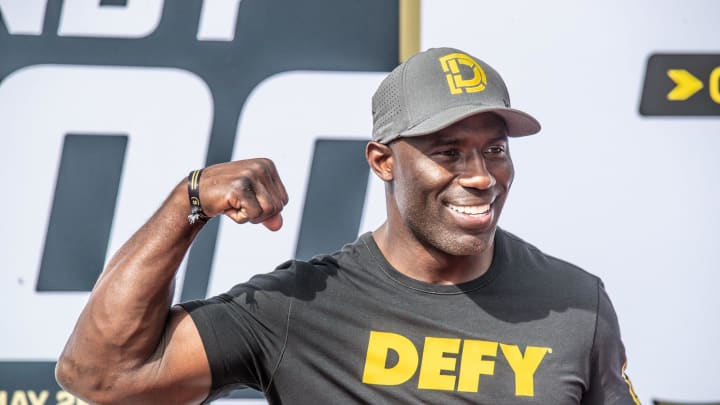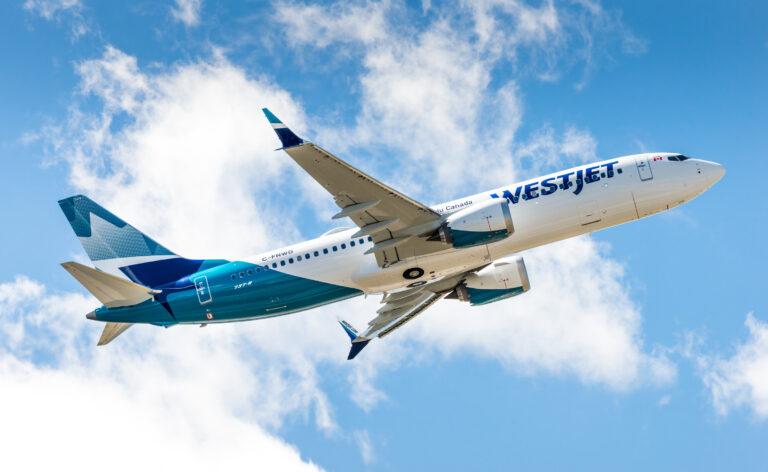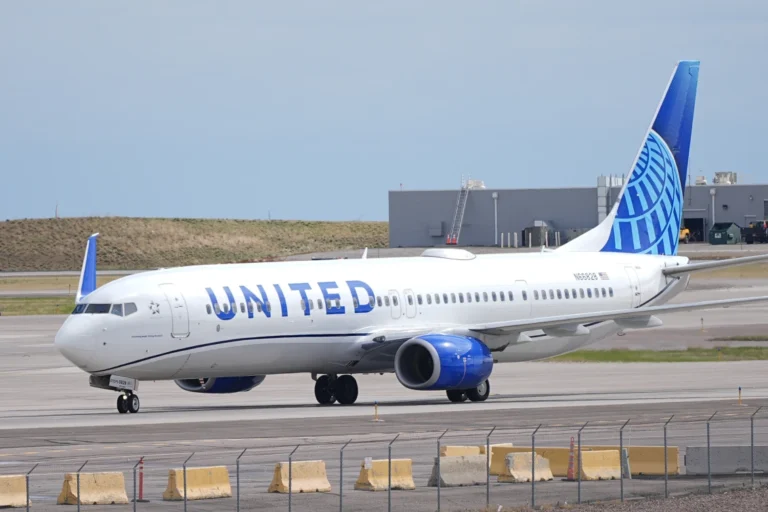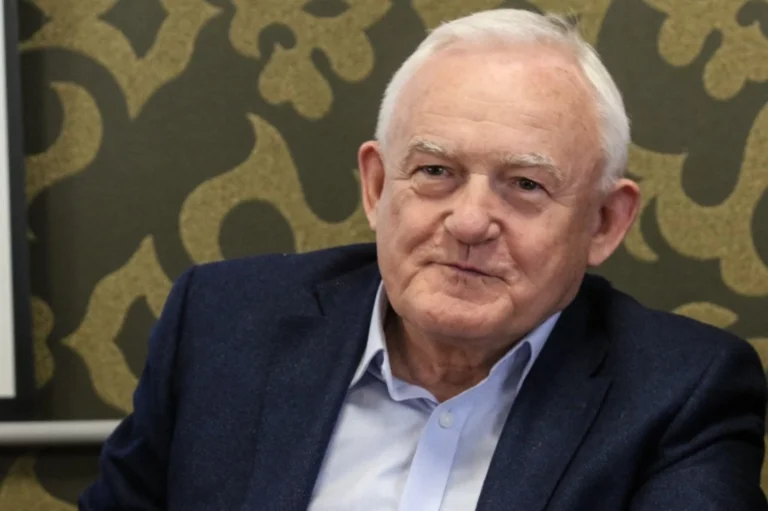United Airlines Apologizes After Terrell Davis Removed From Flight in
Three days after Hall of Fame running back Terrell Davis said he was removed from a United Airlines flight and placed in handcuffs over a misunderstanding, the airline is apologizing for its actions.
“This is clearly not the kind of travel experience we strive to provide, and we have reached out to Mr. Davis’s team to apologize,” the airline said via Michael David Smith of Pro Football Talk. “We have removed the flight attendant from duty while we closely review this matter.”An upset Davis described his ordeal in a detailed Instagram post Monday, outlining how he tapped a flight attendant’s arm to ask for a cup of ice—only for law enforcement agents to remove and handcuff him when his flight from Denver landed in California.
“We as a family are having to have hard conversations with each other about what transpired and answer the many questions that my children have,” Davis wrote.
Davis, 51, made three All-Pro teams and won two Super Bowls with the Denver Broncos from 1995 to 2001.In July 2024, United Airlines faced significant public scrutiny following an incident involving Pro Football Hall of Famer Terrell Davis. The former Denver Broncos running back was removed from a flight in handcuffs after a misunderstanding with a flight attendant. This event not only highlighted potential flaws in airline protocols but also sparked discussions about passenger rights and the responsibilities of airline staff.
The Incident Unfolds
On a routine flight from Denver to Orange County, California, Terrell Davis was traveling with his wife and three children. During the journey, one of his sons requested a cup of ice from a passing flight attendant. When the attendant either didn’t hear or ignored the request, Davis lightly tapped the attendant’s arm to get his attention. According to Davis, the attendant reacted by shouting, “Don’t hit me,” causing confusion among nearby passengers. The interaction ended there, and the flight proceeded without further incident.
Upon landing, passengers were instructed to remain seated. Law enforcement officers, including FBI agents, boarded the plane and escorted Davis off in handcuffs, much to the distress of his family. After questioning, authorities determined that the flight attendant’s accusations were unfounded and released Davis without charges.
United Airlines’ Response
In the aftermath, United Airlines issued a public apology to Davis. The airline stated, “This is clearly not the kind of travel experience we strive to provide, and we have reached out to Mr. Davis’s team to apologize.” They also confirmed that the flight attendant involved was removed from duty pending a thorough review of the incident.
The No-Fly List Controversy
Compounding the situation, Davis discovered that he had been placed on United Airlines’ no-fly list following the incident. He expressed his frustration on social media, stating, “Adding insult to injury, @united not only had me removed from their flight in handcuffs but placed me on their No Fly List after it was determined I did nothing wrong and was released.” United Airlines later clarified that the no-fly designation was temporary and had been rescinded shortly after its issuance. However, Davis’s legal team disputed the airline’s timeline, claiming they were not informed of the reversal until weeks later.
Legal Implications and Discussions
Davis’s attorney, Parker Stinar, emphasized that an apology alone was insufficient. He stated, “An apology without action is just words… It really doesn’t address the situation. We can’t unright the wrong.” The legal team considered potential actions against the airline, highlighting the broader implications of the incident on passenger rights and airline accountability.
Public Reaction and Broader Implications
The incident garnered widespread media attention and sparked discussions on social media platforms. Many users expressed concern over the treatment of passengers and the potential for misunderstandings to escalate unnecessarily. Some commenters highlighted that while Davis’s celebrity status brought attention to the issue, similar incidents involving less prominent individuals might not receive the same scrutiny.
Conclusion
The removal of Terrell Davis from a United Airlines flight in July 2024 serves as a poignant reminder of the challenges airlines face in balancing safety protocols with respectful customer service. While United Airlines took steps to address the situation, including apologizing and reviewing the conduct of their staff, the incident underscores the importance of clear communication and fair treatment in the aviation industry.


![Donald Tusk zwrócił się do Andrzeja Dudy. Mówił o “narażaniu służb” [RELACJA NA ŻYWO]](https://sportdomain.com.ng/wp-content/uploads/2025/03/premier-donald-tusk-768x433.avif)



